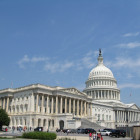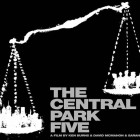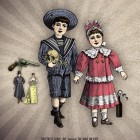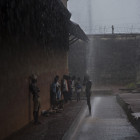
Fate of Low-Income Children Teeters on ‘Fiscal Cliff,’ Advocates Warn
|
Already reeling from budget cuts over the last 10 years, federal programs affecting children are bracing for another $1.5 trillion in discretionary spending cuts throughout the next decade. As federal negotiations over a looming fiscal crisis continue, advocates are warning the White House and Congress that further cuts to discretionary and non-discretionary funding would have devastating consequences. “How we tackle the problem, how the Congress approaches deficit reduction and who bears the burden of deficit reduction, is really the defining issue of the battle ahead of us,” said Ellen Nissenbaum, senior vice president for government affairs at the Center on Budget and Policy Priorities, speaking on a conference-call briefing organized last month by child advocacy organizations Coalition of Human Needs, Voices for America’s Children and the Children’s Leadership Council. As part of a fiscal agreement with President Barack Obama last year, Congress passed the Budget Control Act, which slashed non-defense discretionary spending on programs like education, social services and public health by $1.5 trillion from 2013 to 2022. Now, the president and Congressional Republicans are facing off again over how the United States will prevent the so-called fiscal cliff, a combination of tax increases and deficit-reduction measures (known as sequestration) that will hit early next year and which is likely to take the country back into recession.










